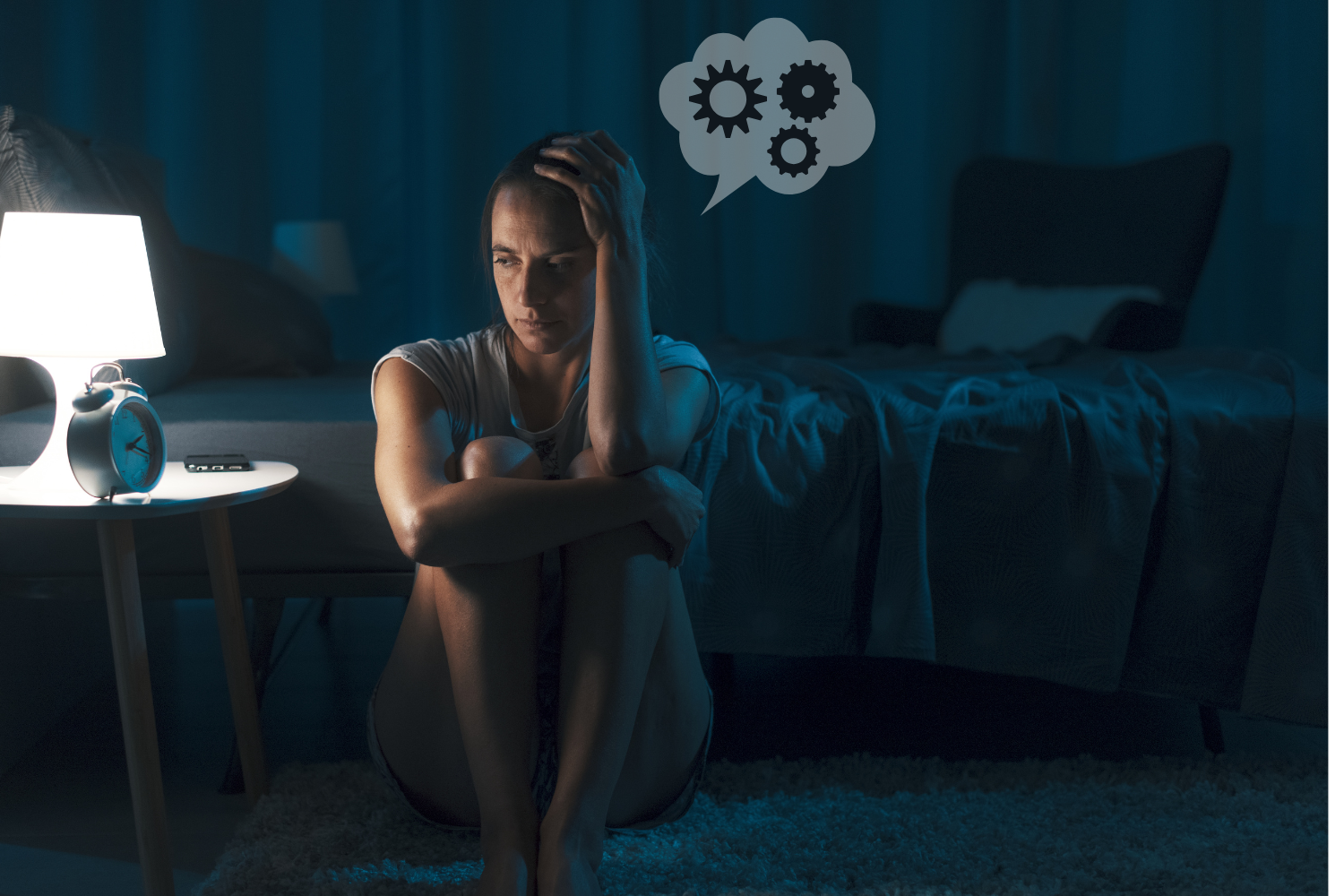How Acupuncture Can Help You Conquer Insomnia
Do you find yourself tossing and turning, staring at the ceiling as the hours tick by? You're not alone. Insomnia is a pervasive modern problem, robbing millions of their precious sleep and impacting every facet of their lives. In our fast-paced world, a good night's rest often feels like an unattainable luxury. But what if there was a gentle yet powerful way to reclaim your sleep and wake up feeling refreshed and revitalized?
Understanding Insomnia
Insomnia isn't just about occasionally having trouble falling asleep. It's a persistent difficulty with sleep initiation, duration, consolidation, or quality that occurs despite adequate opportunity for sleep, and it results in some form of daytime impairment. It can manifest in different ways:
Sleep Onset Insomnia: Trouble falling asleep when you first go to bed.
Sleep Maintenance Insomnia: Waking up frequently during the night and having difficulty returning to sleep.
Early Morning Awakening Insomnia: Waking up too early in the morning and being unable to go back to sleep.
While medical conditions, medications, and lifestyle choices can contribute, a significant driver of modern insomnia is the relentless stress and overstimulation from our environment. Our nervous systems are constantly bombarded: the glow of screens, the ping of notifications, the pressure of work deadlines, the anxieties of daily life. This constant "on" switch keeps our sympathetic nervous system (our "fight or flight" response) activated, making it incredibly difficult for our bodies and minds to transition into the restful "rest and digest" state necessary for sound sleep. Chronic stress leads to elevated cortisol levels, disrupting the natural sleep-wake cycle and creating a vicious cycle of sleeplessness and heightened anxiety.
Acupuncture: A Gentle Path to Calm and Deeper Sleep
So, how can acupuncture help break this cycle and guide you back to peaceful sleep? At its core, acupuncture is about restoring balance and harmony within the body. While I have talked about the detrimental effects of stress and how acupuncture alleviates stress in a previous article; Acupuncture for Headaches, let's explore acupuncture’s specific benefits for sleep.
For insomnia, acupuncture excels at:
Calming the Nervous System: It helps to downregulate the overactive sympathetic nervous system and promote the parasympathetic nervous system, shifting your body into a state of deep relaxation. This is crucial for quieting the racing mind and preparing the body for sleep.
Balancing Neurotransmitters: Acupuncture can influence the release of neurochemicals like serotonin, a precursor to melatonin (the sleep hormone), and endorphins, which have natural pain-relieving and calming effects.
Regulating Circadian Rhythms: Consistent acupuncture treatments can help to re-establish your body's natural sleep-wake cycle, making it easier to fall asleep at night and wake up refreshed in the morning.
While it can take several treatments to coax your body back into a regular sleep rhythm, acupuncture has profound and long lasting effect on our sleep patterns and our ability to handle stress.
The Restorative Benefits of Acupuncture for Insomnia
Choosing acupuncture for insomnia offers a multitude of benefits that extend beyond just falling asleep faster:
Improved Sleep Quality: It's not just about the hours you sleep, but the quality of that sleep. Acupuncture helps you achieve deeper, more restorative sleep cycles, leading to more profound rest.
Reduced Reliance on Sleep Aids: Many patients find they can gradually reduce or eliminate their dependence on over-the-counter or prescription sleep medications, which often come with unwanted side effects.
Decreased Daytime Fatigue: When you sleep better at night, you experience increased energy, focus, and productivity during the day.
Enhanced Mood and Mental Clarity: Better sleep has a direct positive impact on emotional regulation, reducing irritability and improving cognitive function.
All of these benefits help to you to be able to function better in your day to day life and to handle life’s ups and downs without getting thrown for a loop.
Lifestyle Tips for Better Sleep
While acupuncture provides powerful support, integrating healthy lifestyle habits can significantly amplify your results and help you maintain lasting sleep improvements.
Establish a Consistent Sleep Schedule: Go to bed and wake up at roughly the same time every day, even on weekends. This helps regulate your body’s natural circadian rhythm.
Create a Relaxing Bedtime Routine: About an hour before bed, wind down with activities like reading, taking a warm bath, listening to calming music, or gentle stretching.
Optimize Your Sleep Environment: Make your bedroom dark, quiet, and cool. Consider blackout curtains, earplugs, or a white noise machine if needed.
Limit Screen Time Before Bed: The blue light emitted from phones, tablets, and computers can interfere with melatonin production. Power down electronics at least an hour before sleep.
Watch Your Diet and Drink Habits: Avoid caffeine and alcohol late in the day. While alcohol might initially make you feel drowsy, it disrupts sleep later in the night. Heavy meals close to bedtime can also interfere with sleep.
Incorporate Regular Exercise: Physical activity during the day can promote better sleep at night. However, avoid intense workouts too close to bedtime.
Manage Stress Throughout the Day: Practice mindfulness, meditation, deep breathing exercises, or spend time in nature. Remember, managing daytime stress prevents it from spilling over into your night.
Consider Herbal Teas: Calming teas like chamomile or passionflower can be beneficial as part of your evening routine.
Insomnia doesn't have to be a permanent fixture in your life. By understanding its causes and embracing a holistic approach, you can gently guide your body back to its natural rhythm of restorative sleep. Acupuncture offers a powerful, drug-free pathway to calm your nervous system, balance your body, and reclaim the deep, peaceful sleep you deserve. Combined with mindful lifestyle choices, you can open the door to a brighter, more energized tomorrow. Please share this article with anyone you know that is having difficulty sleeping.


